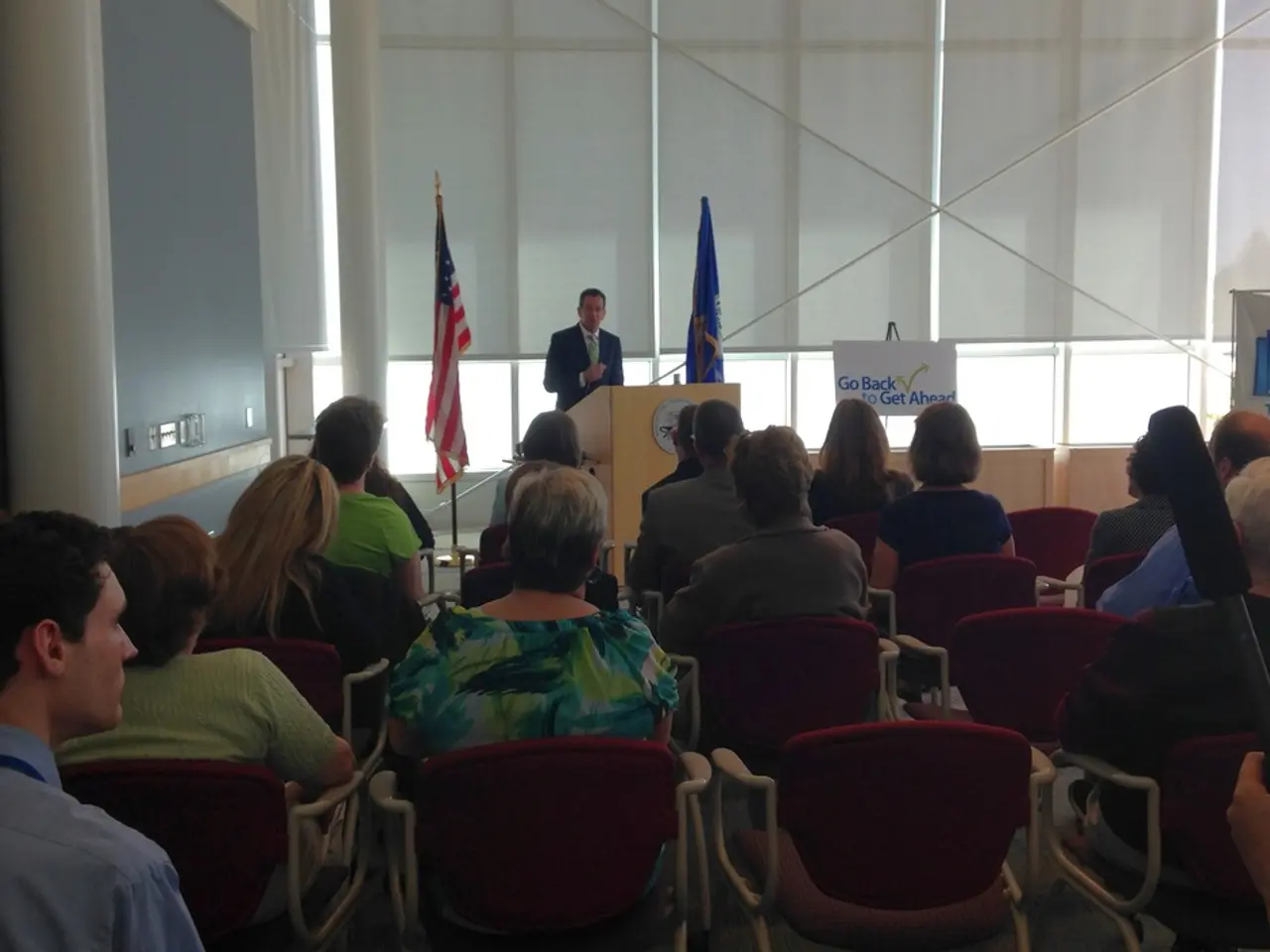Analysis of Leadership Styles: Asov Fighter Appointed as Head of the Institute of Remembrance in Ukraine, Drawing Comparisons to Hitler and Putin
In a move that has sparked both admiration and sharp criticism within Ukraine and abroad, Oleksandr Alfiorov has been appointed as the new head of the Ukrainian Institute of National Memory (UINM) in June 2025. Known for his extensive academic qualifications and recent military service, Alfiorov brings a unique blend of historical scholarship and military experience to the role.
As a research fellow at the Institute of History of Ukraine since 2010, Alfiorov has authored numerous books and articles, demonstrating his academic prowess. His military service includes active duty during Russia’s full-scale invasion of Ukraine, where he served as an officer in the Special Operations Forces and later in the 3rd Separate Assault Brigade, focusing on humanitarian training and psychological support. He resigned from active service in May 2025 as a reserve major and has emphasized that his return to historical work aims to support Ukraine’s defense through the promotion of history.
Alfiorov’s military background may bring a strong patriotic perspective and firsthand experience of Ukraine’s current existential challenges, likely influencing his approach to national memory. This could help foster a culture of remembrance that is deeply connected to Ukraine’s struggle for sovereignty and democratic values. However, his military ties might raise questions about potential bias or a more militant narrative in historical interpretation, which could contrast with the goal of an enlightened culture of remembrance in a democratic society.
One of the contentious issues surrounding Alfiorov's appointment is his past with the Azov unit, linked to far-right forces in Ukraine. This has raised concerns, especially abroad, about the appointment of an Azov veteran as a cultural official. Additionally, Alfiorov has been criticized for promoting revisionist history, minimizing German Nazi crimes, and dehumanizing the Russian population. Controversial statements, such as comparing Kremlin chief Vladimir Putin to Adolf Hitler and describing the Russian people as "not orcs, but goblins", a "people without Christian ethics", have also raised eyebrows.
The Ukrainian government emphasizes Alfiorov’s historical expertise and combat experience as reasons for his appointment. However, the questions about his suitability as a guardian of history due to his controversial views remain. The appointment may boost morale in the war, but it also risks undermining the credibility of an impartial historical reckoning. A memory culture that thinks in terms of enemy images, as represented by Alfiorov's views, is predicted to fail in the long run.
On social media platforms, concerns about a memory culture that thinks in terms of enemy images are expressed, with many fearing that this could damage Ukraine's standing abroad. The debate surrounding Alfiorov's appointment is far from over, and it will be interesting to see how he balances his academic and military background with the aim of fostering an inclusive, critical, and enlightened culture of remembrance in a democratic context.
[1] Institute of History of Ukraine (n.d.). Retrieved from https://www.iht.org.ua/ [2] Ukrainian Institute of National Memory (n.d.). Retrieved from https://uim.gov.ua/
- Oleksandr Alfiorov, with his previous role as a research fellow at the Institute of History of Ukraine, has authored numerous books and articles 'of a kind used' in academic circles, demonstrating his expertise in historical scholarship.
- Alfiorov's 'lifestyle' includes a blend of academics and military service, having served in Ukraine's Special Operations Forces during war-and-conflicts, and his focus on humanitarian training and psychological support suggests a 'cultural-travel' between peacekeeping and warfare.
- General news outlets and political analysts have been discussing Alfiorov's appointment as the head of the Ukrainian Institute of National Memory, with topics ranging from his past associations 'crime-and-justice' with the Azov unit to controversy over his revisionist history and dehumanizing statements about the Russian population.
- Preoccupied with issues like remembering war, politics, and nationhood, the debate over Alfiorov's appointment serves as a reminder of the importance of fostering an 'enlightened culture of remembrance' in a democratic society, where history should strive to promote understanding rather than perpetuate enemy images, as warned on general-news platforms.




